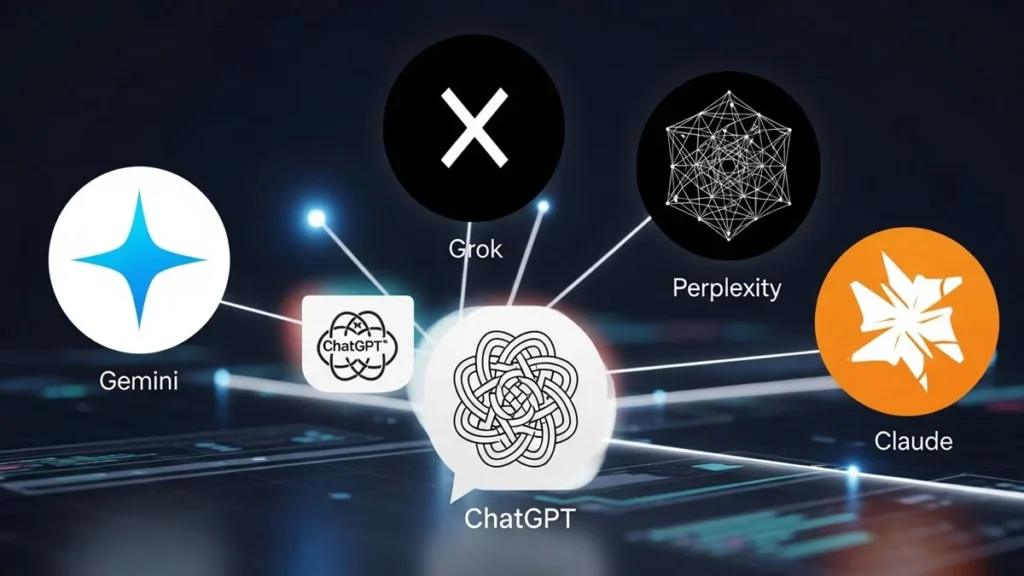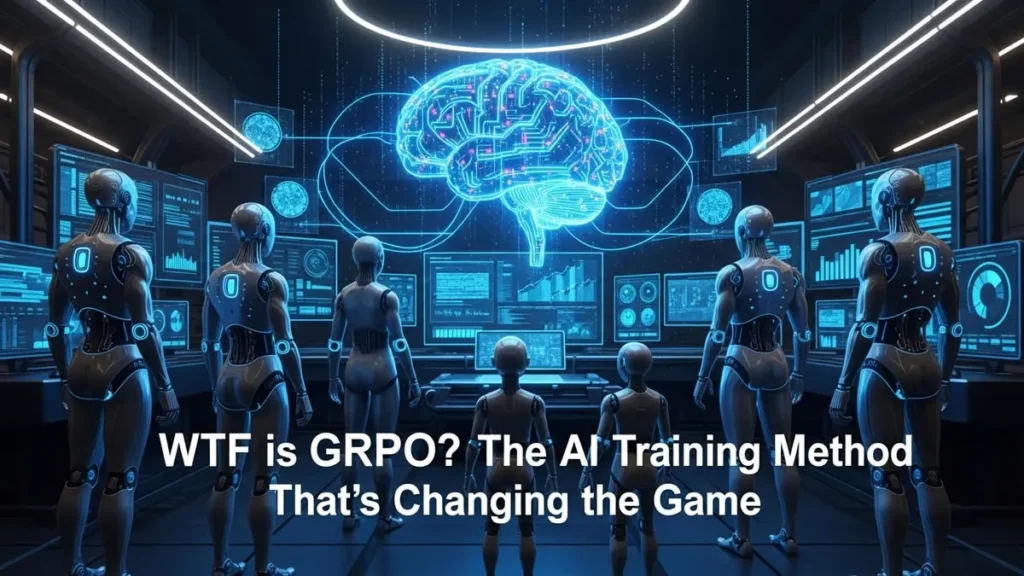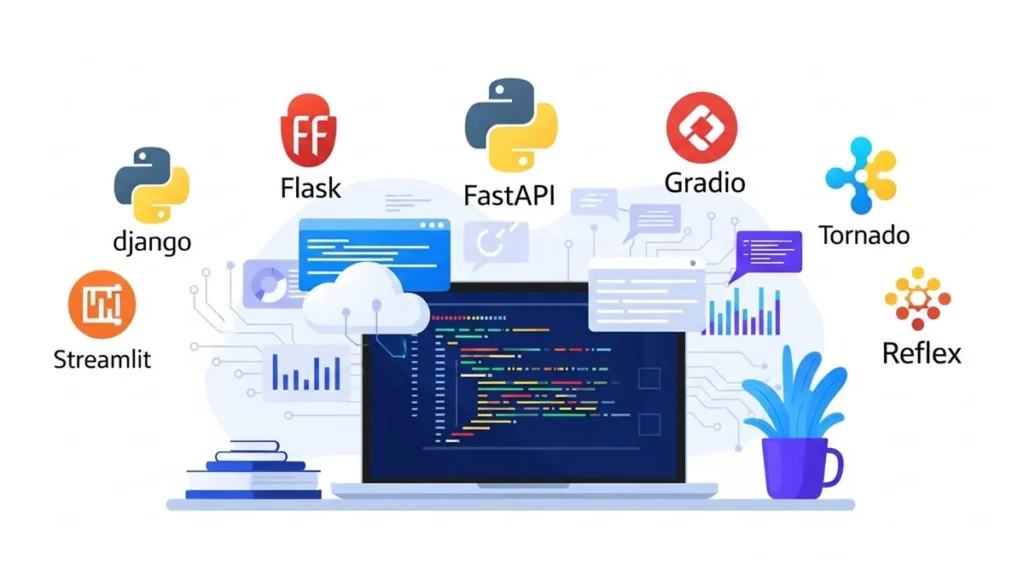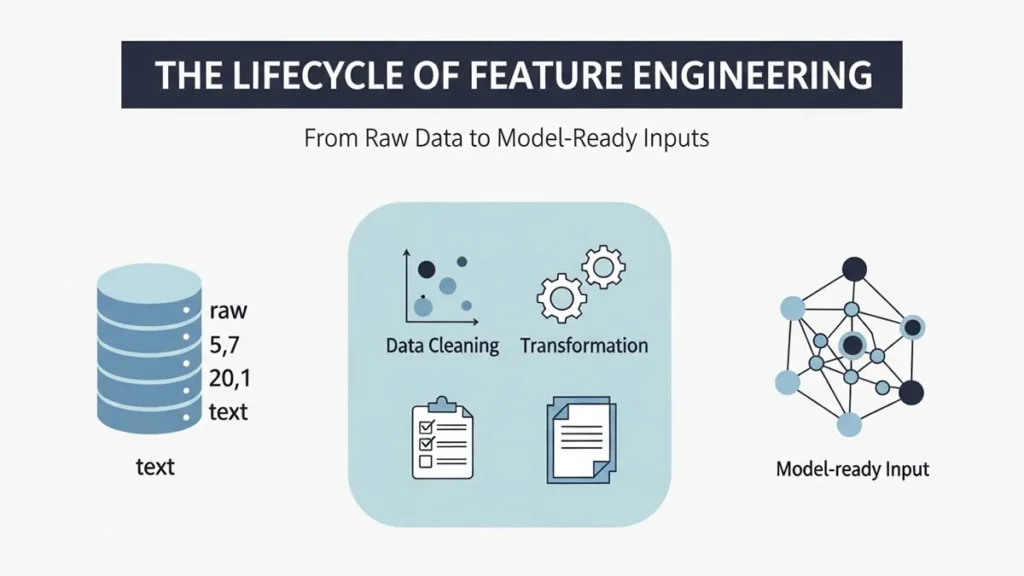If you are feeling overwhelmed by the sea of Best AI tools in 2025 available today, you are not alone. With so many options from ChatGPT to Claude to Gemini, it can be difficult to decide where your money and time are best spent. Whether you are a content creator, developer, researcher, or simply an AI enthusiast, this guide will help you determine the best AI tools tailored to your needs, privacy preferences, and budget.
In this article, we will dive deep into the top 5 AI tools, covering:
- What each tool does best
- Where each one falls short
- Privacy considerations
- Free vs. paid features
- Whether the upgrade is actually worth it
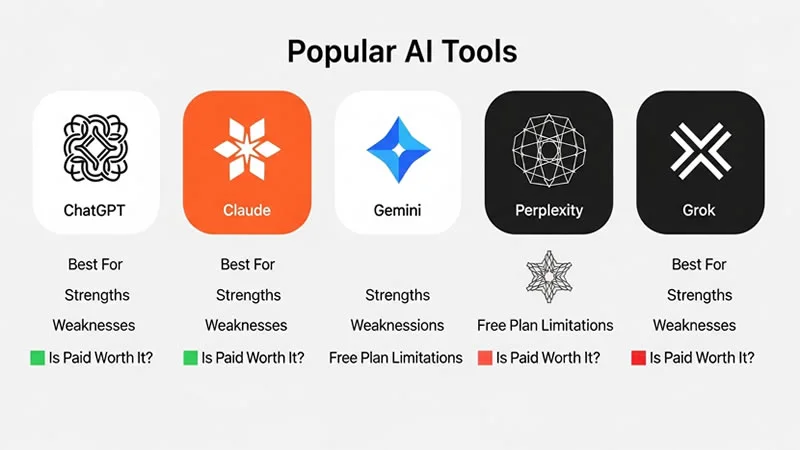
1. ChatGPT: The Most Versatile AI Assistant
Best For: Brainstorming, writing, image generation, research, coding, and general-purpose AI tasks.
ChatGPT, developed by OpenAI, is often the go-to AI for users across industries. It is well-rounded, fast, and incredibly intuitive. Whether you are drafting emails, building outlines, summarizing documents, or generating visuals using DALL·E, ChatGPT can handle it.
Limitations:
- Struggles with very large documents unless you’re using the GPT-4.1 (1M token) model
- Occasional hallucinations (i.e., generating incorrect or made-up facts)
- Limited message cap and slower access to advanced tools on the free plan
Privacy Concerns:
By default, your inputs may be used to improve OpenAI’s models unless you opt out or use Temporary Chat mode.
Free Plan Limitations:
- Limited access to GPT-4 and image generation
- Daily caps on messages, image, and voice features
- No ability to create custom GPTs
Is the Paid Version Worth It?
If you are a regular user, yes, the $20/month plan unlocks GPT-4.1, image tools, voice assistants, deep research, and longer context windows.
2. Claude: The Privacy Centric Content Creator
Best For: Ethical AI use, content writing, coding, thoughtful dialogue, Google Workspace users.
Developed by Anthropic, Claude has quickly gained traction for its privacy-first approach and nuanced responses. Its strength lies in creating coherent, human-like text perfect for content marketers and developers.
Limitations:
- 200k token context window can still be limiting for heavy users
- No image generation
- Limited integrations
Privacy Advantage:
Claude does not train on your data by default, a rarity in the AI world. This makes it the best option for users with strict data privacy needs.
Free Plan Restrictions:
- No access to Claude Opus 4 or extended thinking
- Limited Google, GitHub, and Dropbox integrations
- Fewer cloud project features
Is Upgrading Worth It?
Yes, if you are doing any kind of coding, large-scale writing, or using Google tools heavily, upgrading to a paid Claude plan unlocks powerful productivity boosts.
3. Google Gemini: Ideal for Long Documents
Best For: Working with large files, brainstorming, problem-solving, coding, and image-based queries.
Gemini (formerly Bard), from Google, offers a massive 1M token context window, making it perfect for processing long documents. Its multimodal features (text + images + code) are impressive and continue to improve.
Weaknesses:
- Responses can feel dry or robotic
- Limited creativity in content creation
- Occasional factual inaccuracies, despite Google’s backing
Privacy Risks:
Like many Google products, data is collected unless you manually opt out. You must adjust your Gemini Activity settings to limit tracking.
Free Plan Limits:
- Access only to Gemini 2.5 Flash, not the most powerful models
- Caps on uploads, document size, and usage
- Limited deep research and advanced capabilities
Worth the Upgrade?
Yes, but mainly for those already integrated into the Google ecosystem. If you are a heavy Google Drive or Docs user, Gemini will blend seamlessly with your workflow.
4. Perplexity AI: The Real Time Search Expert
Best For: Real-time research, fast answers with citations, academic references, and current events.
Perplexity AI is a rising star, especially among researchers and knowledge workers. It acts like a Google Search engine powered by LLMs, offering results with sources and real-time updates.
Drawbacks:
- Shallow deep research capabilities
- Lacks creativity for content generation
- Doesn’t excel at in-depth analysis
Privacy Notes:
Queries are tracked by default, but can be disabled. Paid users get slightly more control over privacy.
Free Plan Caps:
- Limited searches (around 3 per day)
- Fewer sources scanned per query
- No access to advanced models
Is the Pro Plan Worth It?
Absolutely, if you are doing research-heavy work, the upgrade expands the model choices, increases query caps, and improves accuracy through deeper citations.
5. Grok: The AI With Personality
Best For: Social media power users, real-time updates from X (formerly Twitter), and edgy commentary.
Grok, developed by xAI (Elon Musk’s team), is built into the X Premium experience. It pulls real-time data from X and offers a unique, snarky tone that feels less robotic.
Cons:
- Niche tool focused mostly on X data
- Weak in academic research and long-form content
- Limited app integrations
Privacy Settings:
You must opt out of training, and private chats are only respected if you manually toggle the setting in X.
Free Plan Features:
- 12 queries per 2 hours
- No deep research features
- Limited third-party integrations
Should You Upgrade?
Only if you are a heavy user of X. For others, the unique personality might be fun, but it does not justify the price tag on its own.
Final Verdict: Which AI Should You Choose?
If you are only picking one AI tool to pay for, ChatGPT Plus remains the best all-around option in 2025. It balances creativity, research, coding, image generation, and voice capabilities better than any other platform. That said, each tool has a sweet spot:
- Claude: Best for ethical, privacy-first users and writers
- Gemini: Top choice for Google Docs power users and long documents
- Perplexity: Great for researchers who need real-time citations
- Grok: For social media-first users who want live X content in their AI
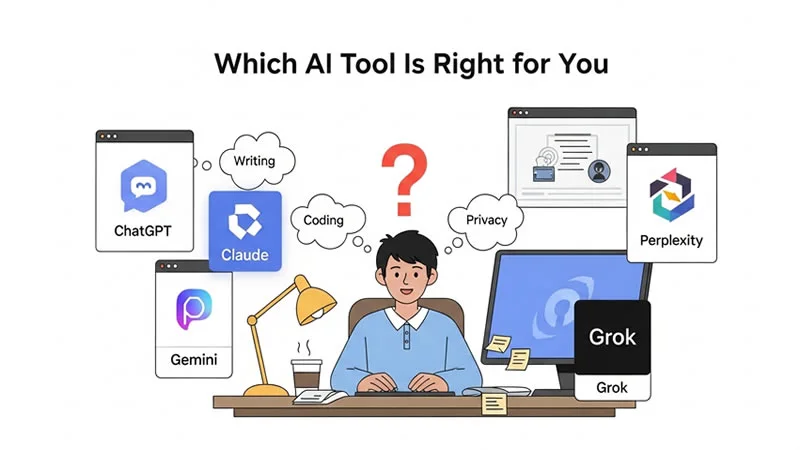
Key Factors When Choosing the Right Best AI Tool in 2025
When selecting an AI tool in 2025, ask yourself:
- What’s my primary use case? (Writing, coding, research, general help)
- Do I care about privacy and data usage?
- What is my budget for AI tools?
- How important is third-party integration to my workflow?
- Do I work with large documents regularly?
The best AI tool is the one that integrates with your workflow, protects your data, and delivers consistent value day in and day out.
Previous Article: 10 Best Python Projects for Beginners in 2025
